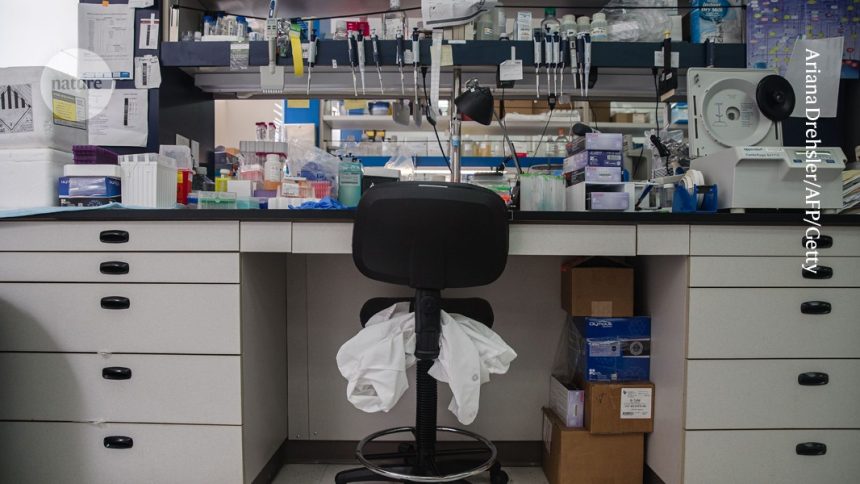Rethinking Career Pathways for Postdoctoral Researchers: Insights and Concerns
Introduction
An initiative proposed by a collaborative group aimed at enhancing the professional growth of postdoctoral scholars has sparked debate within the academic community. While intended to promote advancement, critics argue that these recommendations may inadvertently dissuade researchers from committing to long-term academic careers.
Advancing Careers versus Shaping Perspectives
The working group’s suggestions are designed to bolster the development trajectory of postdoctoral researchers, often seen as pivotal in shaping future academic leaders. However, a segment of the research community expresses concern that these measures could lead individuals to reconsider their position within academia altogether.
Recent studies indicate a trend where early-career researchers are increasingly exploring alternatives outside traditional academic roles. Data from 2023 revealed that nearly 45% of recent PhD graduates opted for industry positions rather than pursuing faculty roles in universities—an increase from previous years, highlighting shifting priorities among emerging scholars.
The Dual Nature of Recommendations
On one hand, the initiatives proposed are lauded for their potential to provide better resources and career support systems for postdocs. On the other hand, critics argue that if these reforms do not effectively address job security and career prospects within academia itself, they may create an environment where leaving is perceived as a more favorable option than staying.
Furthermore, some academics believe that without concrete changes in funding structures and institutional support geared toward maintaining postdoctoral roles within universities, those who follow this new pathway might miss out on valuable opportunities available only in traditional academic settings.
Conclusion: A Call for Balance
As discussions around this proposal continue to unfold, it becomes increasingly important for stakeholders in higher education—including institutions and funding bodies—to consider how best to balance support for career development with measures that ensure sustainable opportunities within academia. Cultivating a landscape where both paths—academia and industry—offer viable prospects can significantly impact personal choice among budding researchers seeking fulfilling careers.






